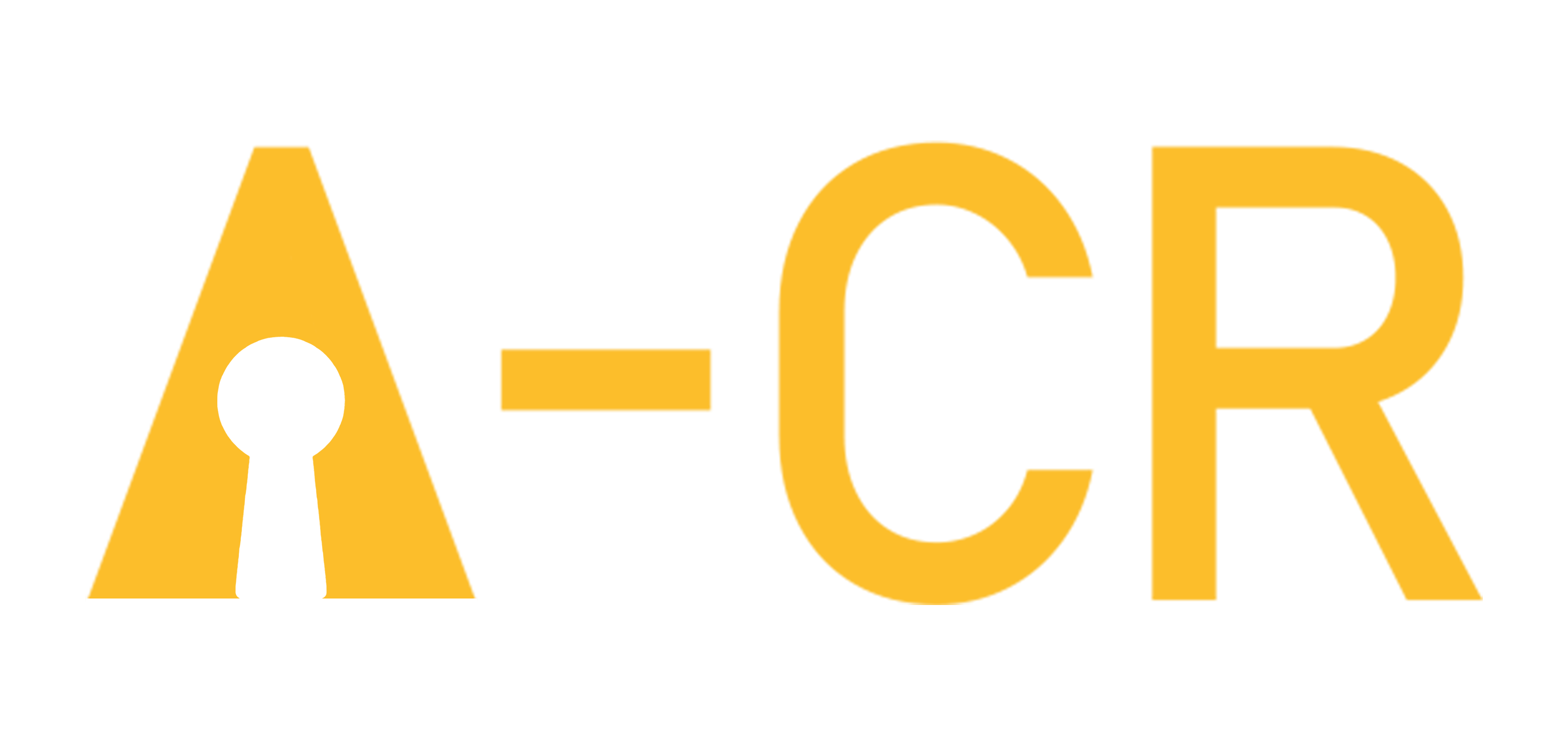

You are invited to submit a full paper for consideration. Papers must be 6-10 pages long. All accepted papers will be published in the conference proceedings: Springer Book Series: Lecture Notes in Networks and Systems, which is indexed by SCOPUS, DBLP, INSPEC, Norwegian Register for Scientific Journals and Series, SCImago, WTI Frankfurt eG, and zbMATH. Papers should demonstrate significant contribution to one or more of the tracks below.
The maximum number of submitted papers per an author is TWO. An author can be 'First Author' in only one paper.
Topics of interest within each track are listed below. Other topics not listed will be considered.
Track 2: Cybersecurity Engineering